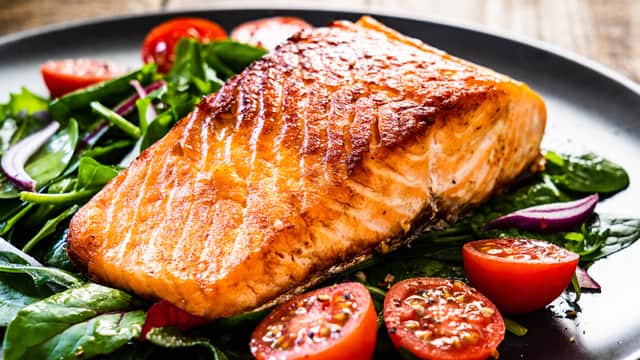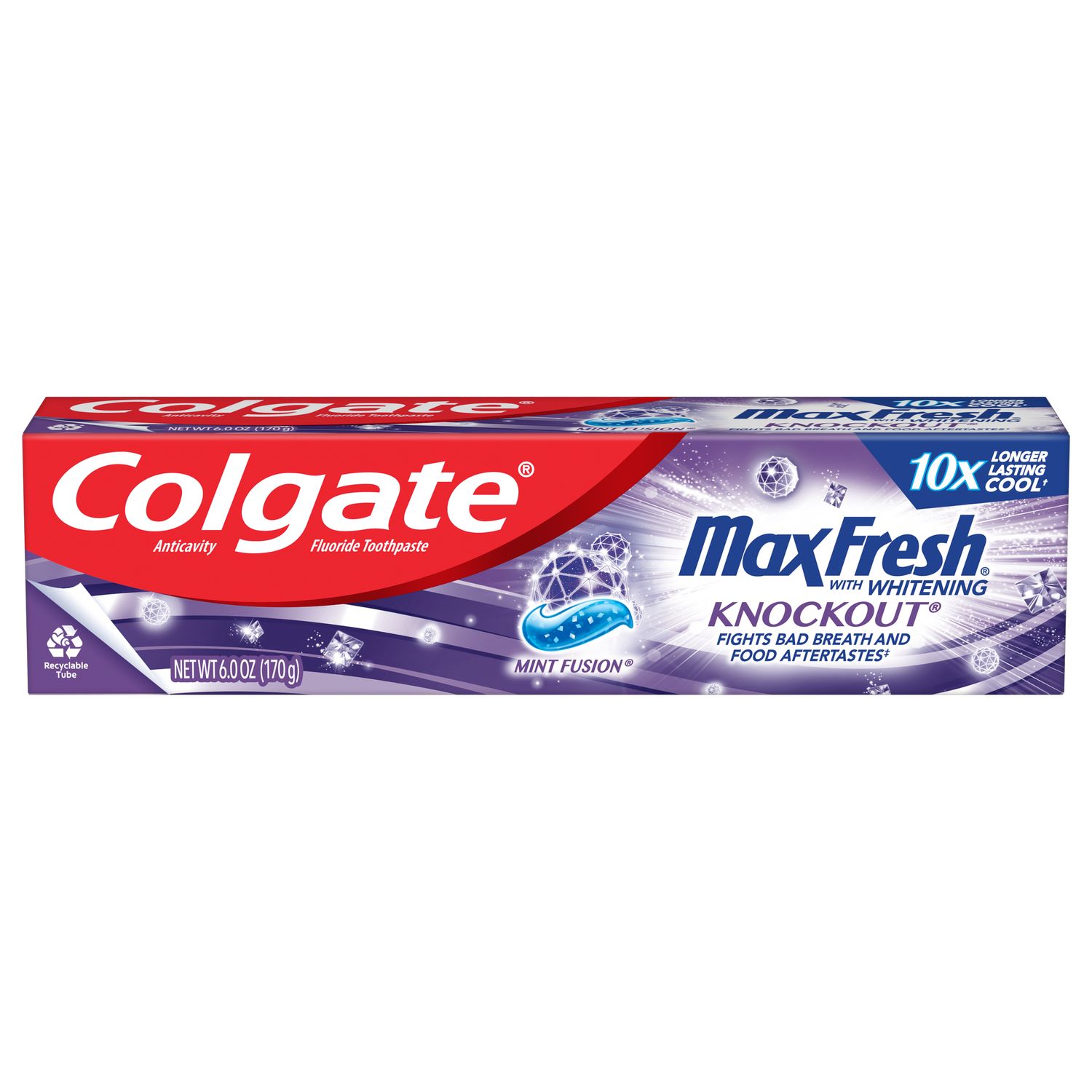Why Do Some Foods Cause Bad Breath?
When you eat, food debris can stick to your teeth and tongue, providing a nice meal for the bacteria in your mouth. When bacteria feed on food, especially carbohydrates, they produce acids that give off an odor. Bacteria in the mouth can also break certain foods down to produce foul-smelling chemicals called volatile sulfur compounds, or VSCs. Strong-smelling foods can also cause bad breath via the bloodstream and the lungs, as we’ll explain in more detail.
But this doesn’t necessarily mean you need to avoid your favorite foods. Let’s talk about the foods that cause bad breath and how you can keep your breath fresh while you enjoy them…
Foods That Cause Bad Breath
Garlic, Onions, and Spicy Foods
Garlic and onions leave a strong smell in the mouth, and they can also stick around long after you finish the meal. That’s because when you digest garlic and onions, the strong-smelling chemicals enter your bloodstream. In the same way that the lungs pick up and exhale carbon dioxide from the blood, they pick up these chemicals from your bloodstream and exhale them for some time afterwards. Lots of spicy foods, including chiles, peppers, and spices, can give you bad breath, too.
Tip: Promptly chew sugar-free gum after enjoying spicy or aromatic meals to help stimulate saliva flow and banish bad breath.
Coffee and Alcoholic Beverages
It’s not just foods that cause bad breath! According to the National Institute of Dental and Craniofacial Research, caffeinated and alcoholic beverages can cause bad breath via dry mouth. Both types of drink have a dehydrating effect, which can reduce saliva production. Saliva is important for protecting against odor-causing bacteria, so a dry mouth means these bacteria can thrive. Dry mouth also puts you at greater risk of certain dental conditions that are associated with bad breath, such as gum disease.
Tip: Make it a habit to drink water before and after enjoying caffeinated or alcoholic beverages to help reduce dry mouth and freshen breath.
Tuna and Other Fish
Tuna and other fish are filling, high in protein, and delicious! However, they do have a strong "fishy" odor that can linger on your breath long after your meal. According to the American Society of Nutrition, the chemical responsible for this smell is called trimethylamine (TMA).
Tip: Splash lemon juice or vinegar onto fish before eating. Acidic ingredients can help TMA bind to water, reducing its potency. Chewing some sugar-free gum may also help with the odor.
How to Fight Bad Breath Caused by Food
Remember, a proper oral care routine can help your breath smell fresh, even if you indulge in these aromatic foods and beverages. Brushing your teeth at least twice a day will help remove food debris and bacteria that cause bad breath. Cleaning between your teeth with floss, water flossers, or interdental brushes will also capture any odor-causing bacteria hiding between the teeth. Adding a mouthwash or antiseptic mouthrinse to your routine can also help keep your breath fresh. And finally, you can check out our in-depth article about the best foods, drinks and other natural remedies to fight bad breath.
This article is intended to promote understanding of and knowledge about general oral health topics. It is not intended to be a substitute for professional advice, diagnosis or treatment. Always seek the advice of your dentist or other qualified healthcare provider with any questions you may have regarding a medical condition or treatment.
ORAL HEALTH QUIZ
What's behind your smile?
Take our Oral Health assessment to get the most from your oral care routine
ORAL HEALTH QUIZ
What's behind your smile?
Take our Oral Health assessment to get the most from your oral care routine















